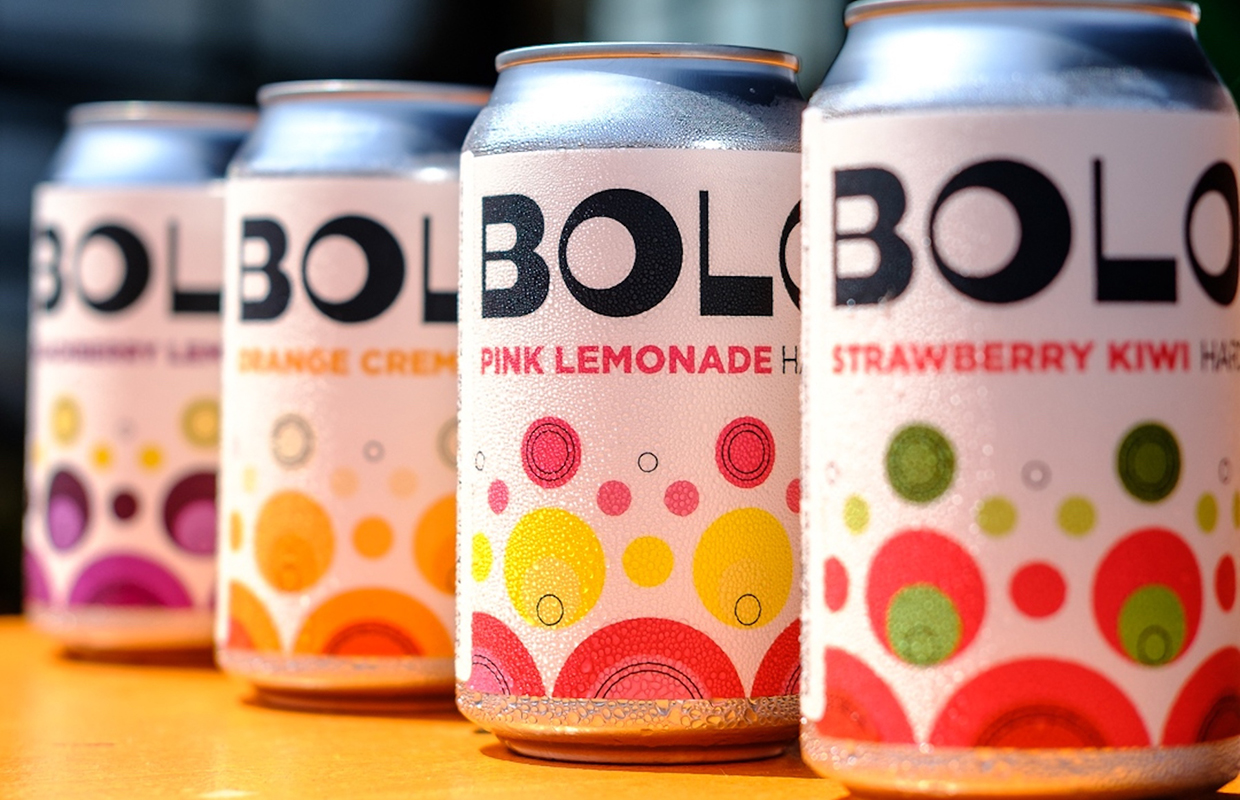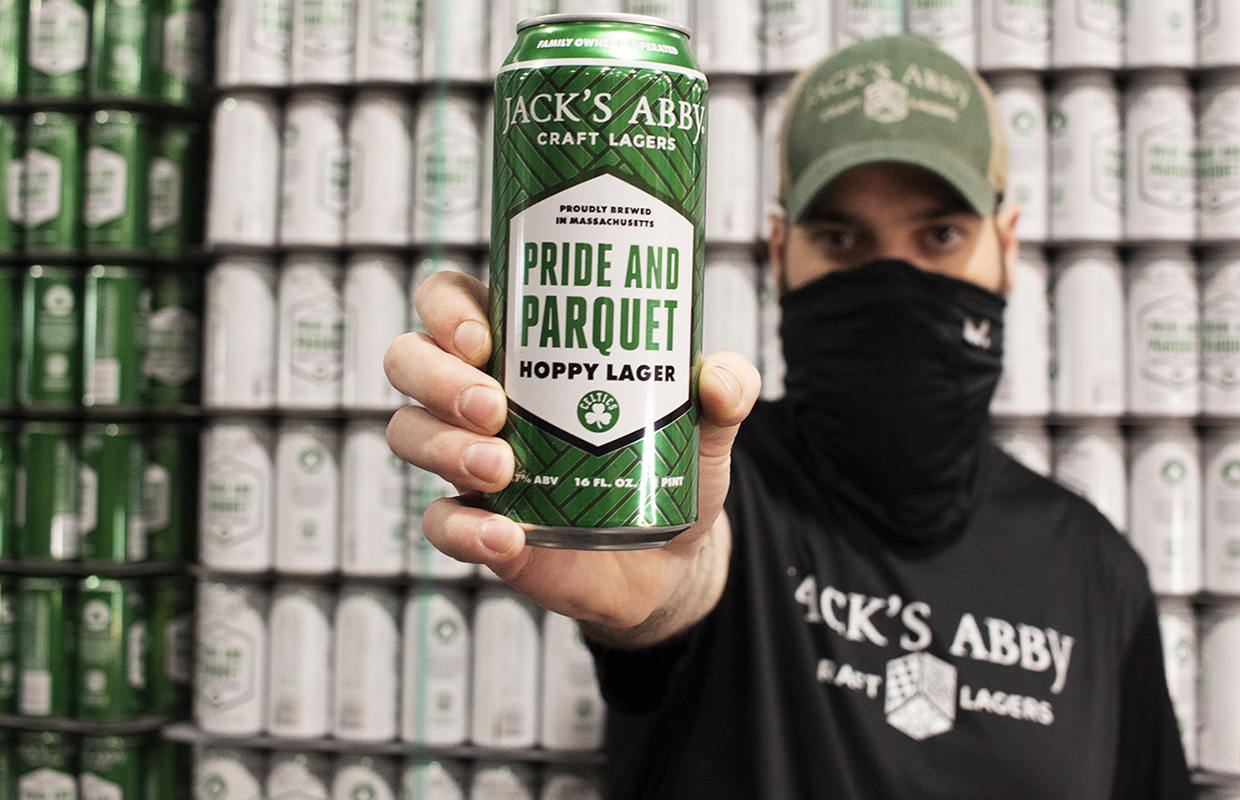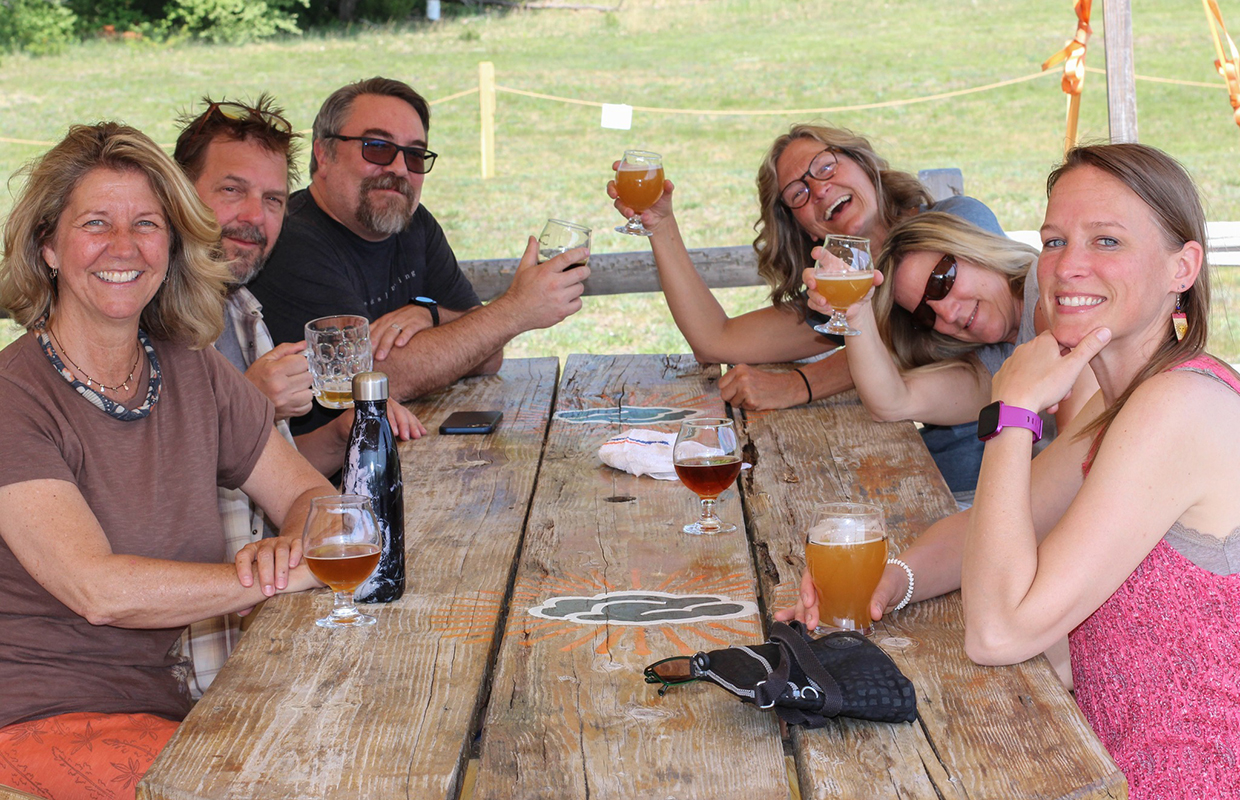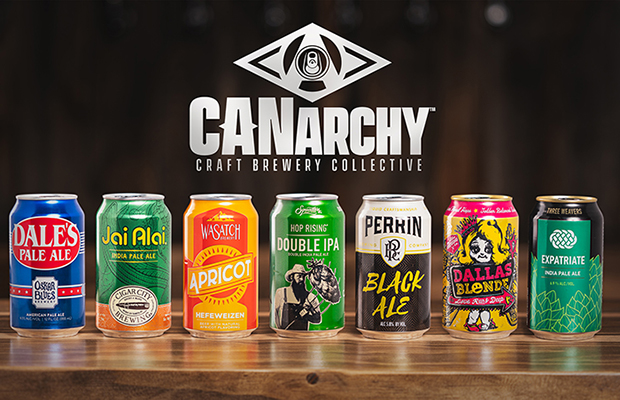
It may seem like a new alcoholic seltzer beverage pops on the market every day, but is it a trend that’s worth chasing for craft breweries?
Matt Schwandt, co-owner of Bauhaus Brew Labs, said his company thought so. That’s why it began producing its Bolo hard seltzer line, which is available for sale both in its taproom and in distribution at major retailers.
“In the summer of 2019, White Claw became a sensation, and we observed that craft beer enthusiasts were open to trying hard seltzers,” Schwandt said. “At Bauhaus, we constantly strive to innovate, and we saw an opportunity to add diversity to our product portfolio by creating our own line of hard seltzers.”
Consumer interest drove the development of the product at Bauhaus, which Schwandt said he believed benefited from a growing portfolio.
“It’s clear that consumers are keen on having more choices in beverage alcohol, especially local offerings. As a company, we recognize the need to give our consumers what they want as well as the importance of having a diverse portfolio of craft beverages,” Schwandt said. “Having a broader portfolio of craft beverages is important to us because we have always had a mindset focused on innovation, and we like experimenting with new types of beverages; our customers have expressed their appreciation for a varied product portfolio, and we want to ensure that we cater to their needs; and the national decline in the consumption of craft beer has prompted us to explore new revenue streams in alternative beverage types.
“By expanding our offerings beyond beer, we aim to remain relevant and meet the evolving preferences of our customers.”
Rob Whyte, co-owner of Fort Myers Brewing Company, said his South Florida brewery had opened a decade ago in what was a bit of a craft beer desert and saw a unique opportunity to put its own stamp on a growing trend. Hence, Spyk’d was born.
“In Southwest Florida, we saw a massive rise in sales of seltzers, but we noticed that every one of them was sweetened, mostly with artificial sweeteners, and I personally don’t like the taste of these sweeteners or sweetened seltzer in general,” Whyte said. “There were no other locally crafted hard seltzers in our region at the time, so we decided to brew our own product that contains no sweeteners, and we think that’s what makes ours unique and different.”
Schwandt said Bauhaus had seen “significant” overlap between its craft brew and hard seltzer customers but hasn’t worried about balancing the overlap.
“Sometimes, craft beer enthusiasts seek out beverages with a lighter body, fewer calories, and less sugar, which our hard seltzers can provide,” he said. “However, we haven’t deliberately marketed our hard seltzers to craft beer drinkers or vice versa. Our focus has been on providing high-quality, delicious beverages that appeal to a broad range of consumers, regardless of their preferred drink type.”
Response has been positive, and being a craft brewery has allowed it to add depth to the product line that may not be as apparent in other commercial widely distributed hard seltzers.
“We’re one of the only breweries in the country offering sour hard seltzers,” Schwandt said. “Last fall, we launched a mixed pack of fruit-and-cream inspired hard seltzers, which received a fantastic response. This summer, we’re excited to introduce a hard seltzer mixed pack with flavors inspired by classic summer cocktails. We’ve thoroughly enjoyed exploring this space and coming up with new ideas for our customers to enjoy.”
Whyte also saw there being a benefit to broadening his portfolio.
“Every person has slightly different tastes and preferences in what they enjoy drinking. I think a broader portfolio draws in more patrons that otherwise may choose another location to go to with their friends because maybe one friend doesn’t like beer,” he said. “For this reason, we’ve always had wine and sodas at the brewery as alternative drink options for guests who may not want beer. Spyk’d was a natural addition to our portfolio and has further expanded our offerings to our regulars while introducing the brewery to new consumers that may not be the typical beer lover.”
Fort Myers supplemented its equipment to make the new beverage, although some of its existing equipment already had features needed for the seltzer cans’ unique packaging.
“We invested in a dedicated tank for seltzer production. Most of our fermentation tanks for beer are 60 barrels. For seltzer, we do in a dedicated 120 barrel tank,” Whyte said. “We also added the ability to do ‘sleek’ can sizes on our canning line. When we purchased our canning line and ancillary equipment, we made sure it could do all can sizes.”
Because Bauhaus could produce hard seltzer on standard brewing equipment, the required investment was minimal, Schwandt said. Most of the investment dollars went into R&D and piloting recipes to get the fermentation and flavor profiles right.
Whyte said the same ingredients went into seltzer production as beer, so their vendors remain the same across all products, while Schwandt said the experience had been slightly different for Bauhaus.
“Thankfully, we can rely on BSG, our primary malt supplier, to provide the dextrose that serves as the sugar base for our hard seltzer,” he said. “We did, however, establish a partnership with a new supplier to source yeast and yeast nutrient for our hard seltzer production.”
Spyk’d is available at retail establishments along Florida’s west coast from Tampa to Marco Island, as well as select regions on the east coast of Florida. Whyte said there had been few challenges to getting it on the shelves.
“Not much is different here than just selling beer,” Whyte said. “Biggest problem I think is that if the wholesaler already carries one or both of the top selling seltzer options, it’s probably a little harder to ask them to place your product instead of the others.
“I think the ‘drink local’ push has really helped in our local area, and then when people drink ours, they generally stick to it.”
Schwandt said Bolo’s distributor was highly enthusiastic about Bauhaus’s hard seltzer from the moment they introduced it.
“In fact, they even branded one of their delivery trucks with our hard seltzer branding to promote the launch of the product,” he recalled. “While craft brewery-produced hard seltzers may not pose a significant threat to established brands like White Claw or Truly, our line of hard seltzers has emerged as one of the most prominent brewery-produced seltzers in Minnesota.”




Be the first to comment